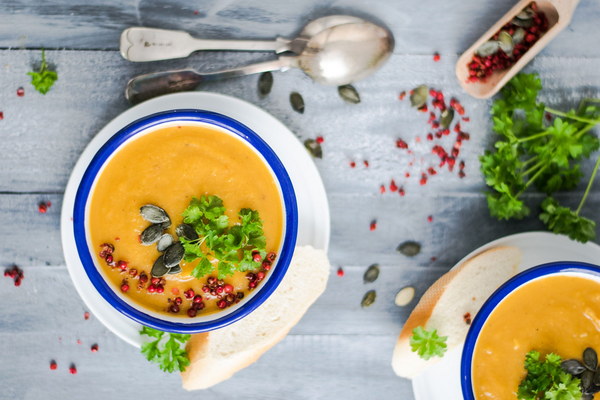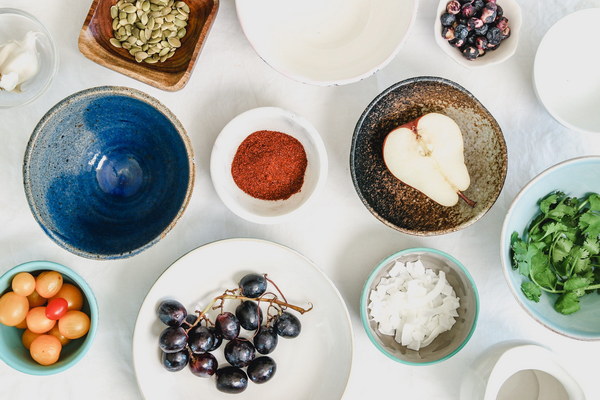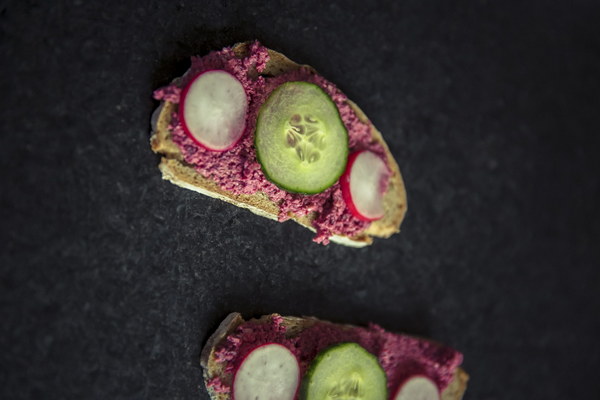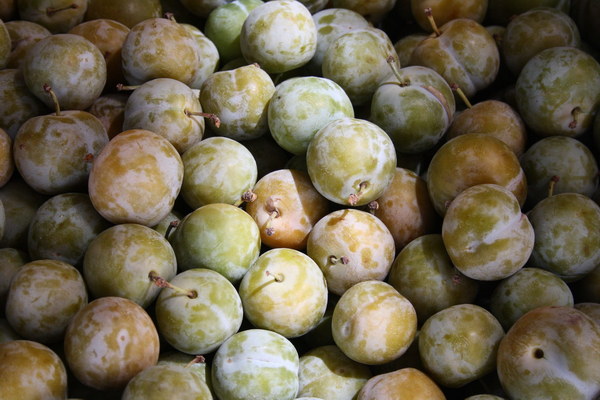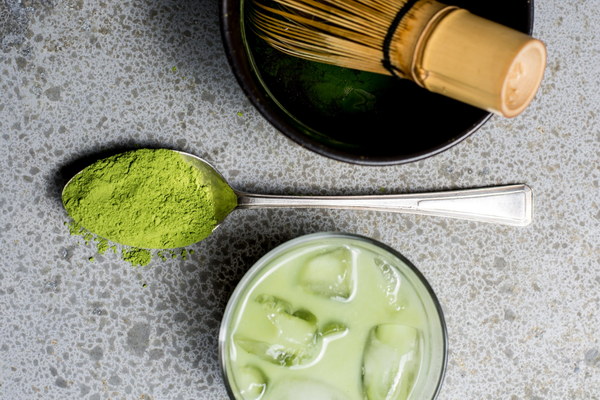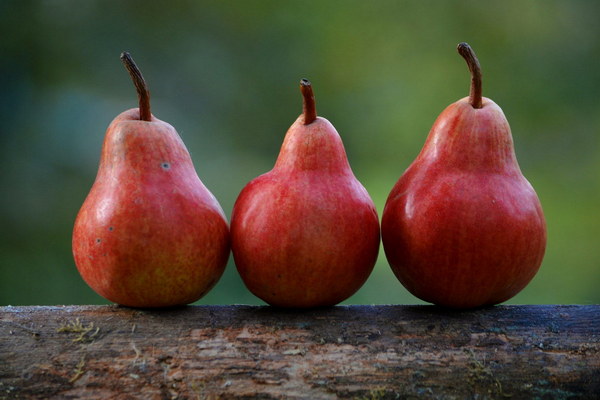Medicinal Delights A Tasty Reflection on the Art of Healing Through Cuisine
In the world of culinary arts, where flavors dance on the tongue and aromas entice the senses, there lies a fascinating intersection with the realm of medicine. This unique fusion is encapsulated in the concept of medicated cuisine, or as it is often referred to, yao shan in Chinese. These are not mere dishes; they are health-promoting potions, crafted with the intention of healing and rejuvenation. Let's take a delightful detour into the world of medicated cuisine and reflect on the artful balance between taste and therapy.
The Concept of Medicated Cuisine
Medicated cuisine dates back centuries in Chinese history, with roots in traditional Chinese medicine (TCM). The philosophy is simple yet profound: food is not only sustenance but also a means to maintain and restore health. This approach to cooking involves the use of herbs and other natural ingredients known for their medicinal properties. These ingredients are carefully selected and combined to create dishes that not only satisfy the palate but also address specific health concerns.
Flavors with a Purpose
Imagine a soup brimming with ginger, scallions, and goji berries—a seemingly ordinary broth, yet it serves a purpose far beyond mere nourishment. This traditional Chinese remedy is believed to ward off colds and boost the immune system. The ginger warms the body, the scallions open up the pores, and the goji berries provide a dose of antioxidants. Each ingredient plays a role in the symphony of health.
A Tasty Reflection
Reflecting on the deliciousness of medicated cuisine, one cannot help but admire the culinary ingenuity that has turned healing into an art form. The balance between flavor and function is remarkable. Take, for instance, the use of turmeric, a spice renowned for its anti-inflammatory properties. It's not just a staple in Indian curries; it's also a star ingredient in many medicated dishes. The vibrant yellow hue and earthy flavor add depth to the cuisine, while the health benefits are as potent as the taste.
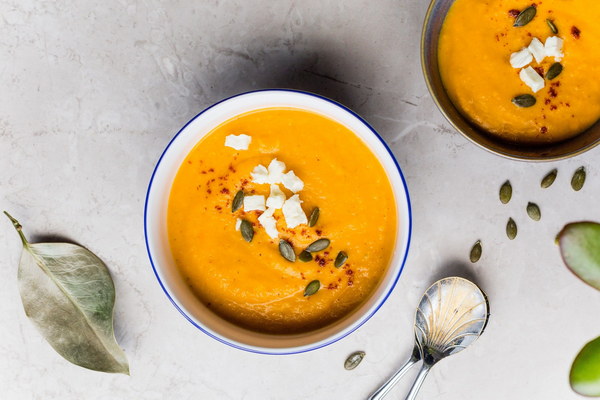
From Ancient Wisdom to Modern Tables
In recent years, the world has taken notice of the healthful properties of medicated cuisine. Many modern chefs have embraced the tradition, incorporating traditional ingredients into contemporary dishes. This fusion has given rise to a new genre of culinary experiences, where the health-conscious can indulge without compromising their wellness goals.
The Science Behind the Taste
But what about the science? Modern research has indeed validated the health claims associated with many medicated ingredients. Turmeric, for example, contains curcumin, which has been shown to reduce inflammation and may even have anti-cancer properties. Ginger, with its anti-nausea effects, is often used in cancer treatments. These findings have not only brought credibility to the concept of medicated cuisine but have also sparked interest in the potential of food as medicine.
The Taste of Tradition
As we delve into the world of medicated cuisine, we're reminded of the enduring power of tradition. The dishes that our ancestors created with intention and care are now being celebrated for their health benefits. From the savory bittersweet soy sauce used in Japanese cuisine to the sweet and savory soups of Korean cooking, the legacy of medicated cuisine is a testament to the connection between food and well-being.
Closing Thoughts
In a world where fast food and processed meals dominate the landscape, the concept of medicated cuisine offers a refreshing perspective. It reminds us that health can be found on our plates, and that sometimes, the best medicine comes in the form of a delicious meal. So, the next time you sit down to a dish that promises to heal as it delights, take a moment to reflect on the artful balance between taste and therapy. Who knows? You might just find a new favorite dish and a step closer to a healthier life.
